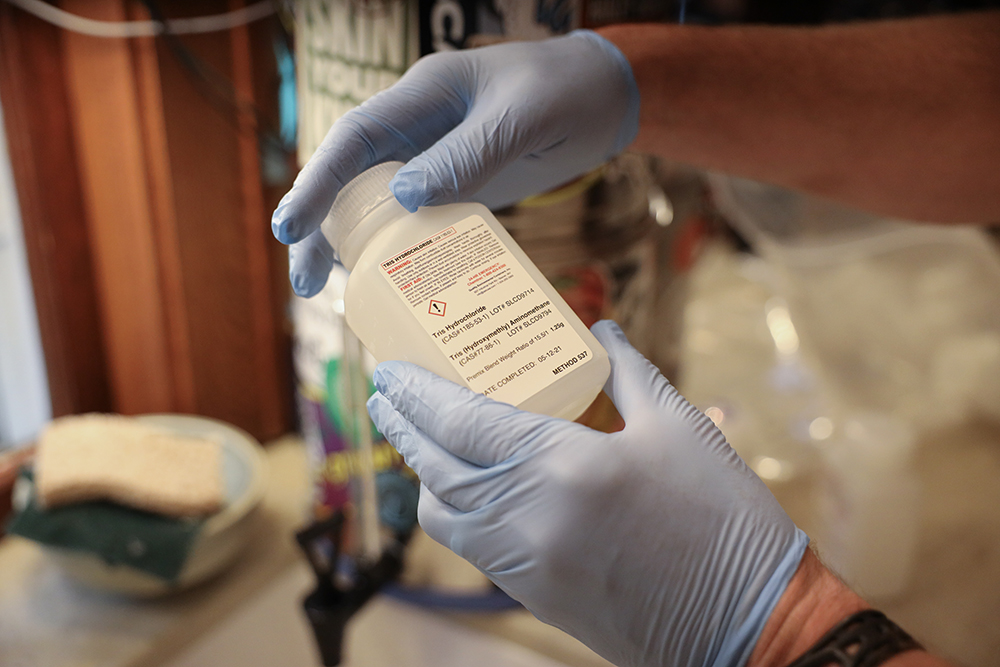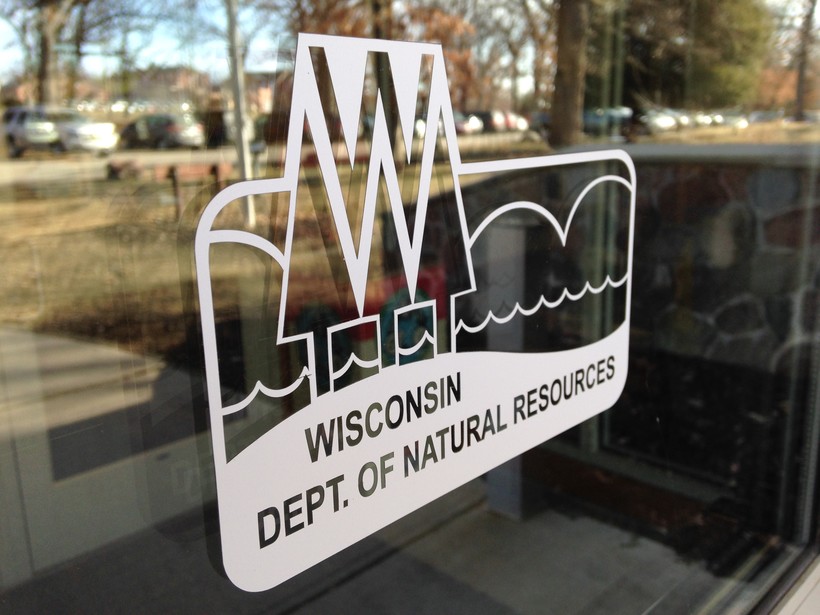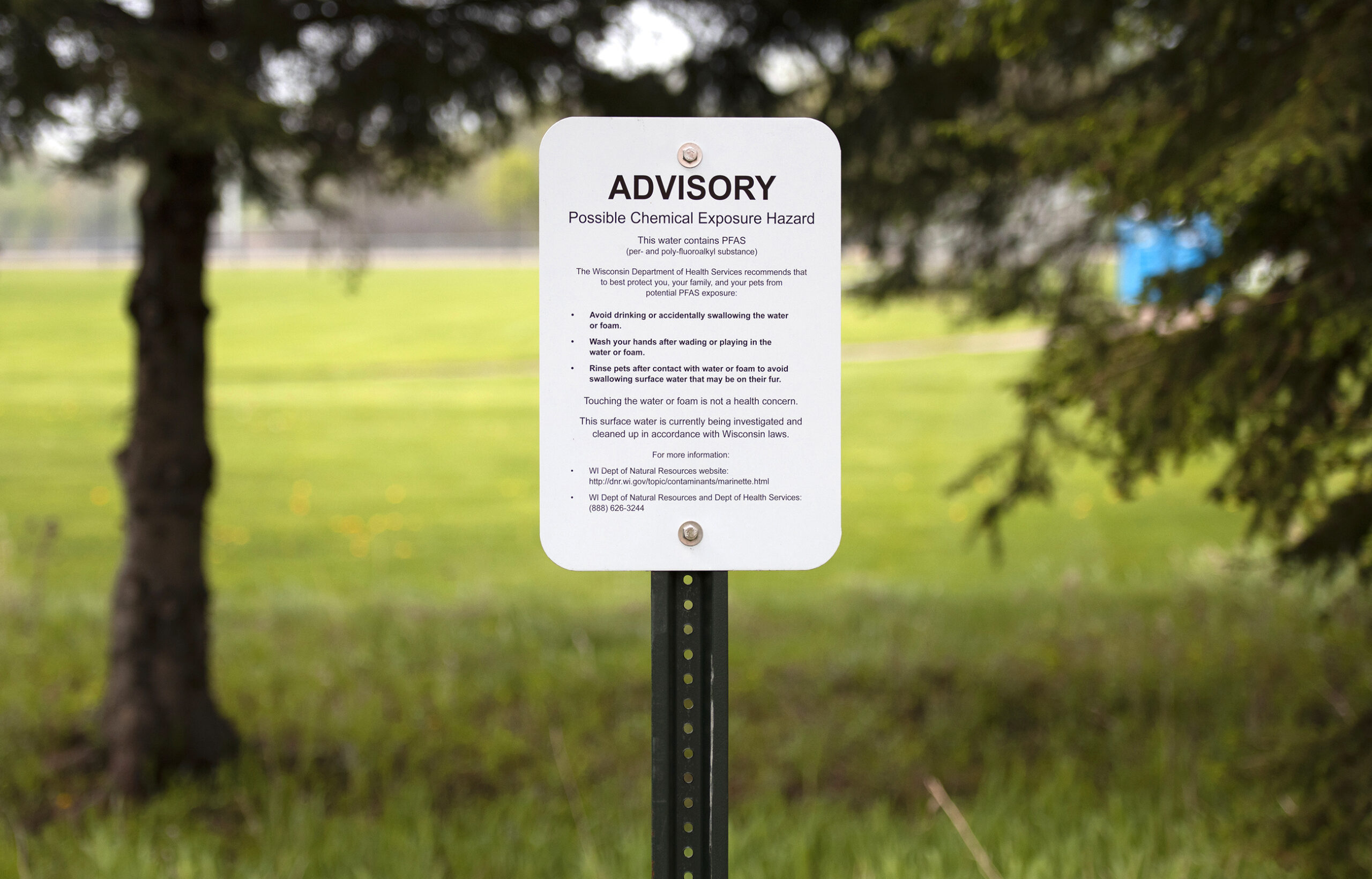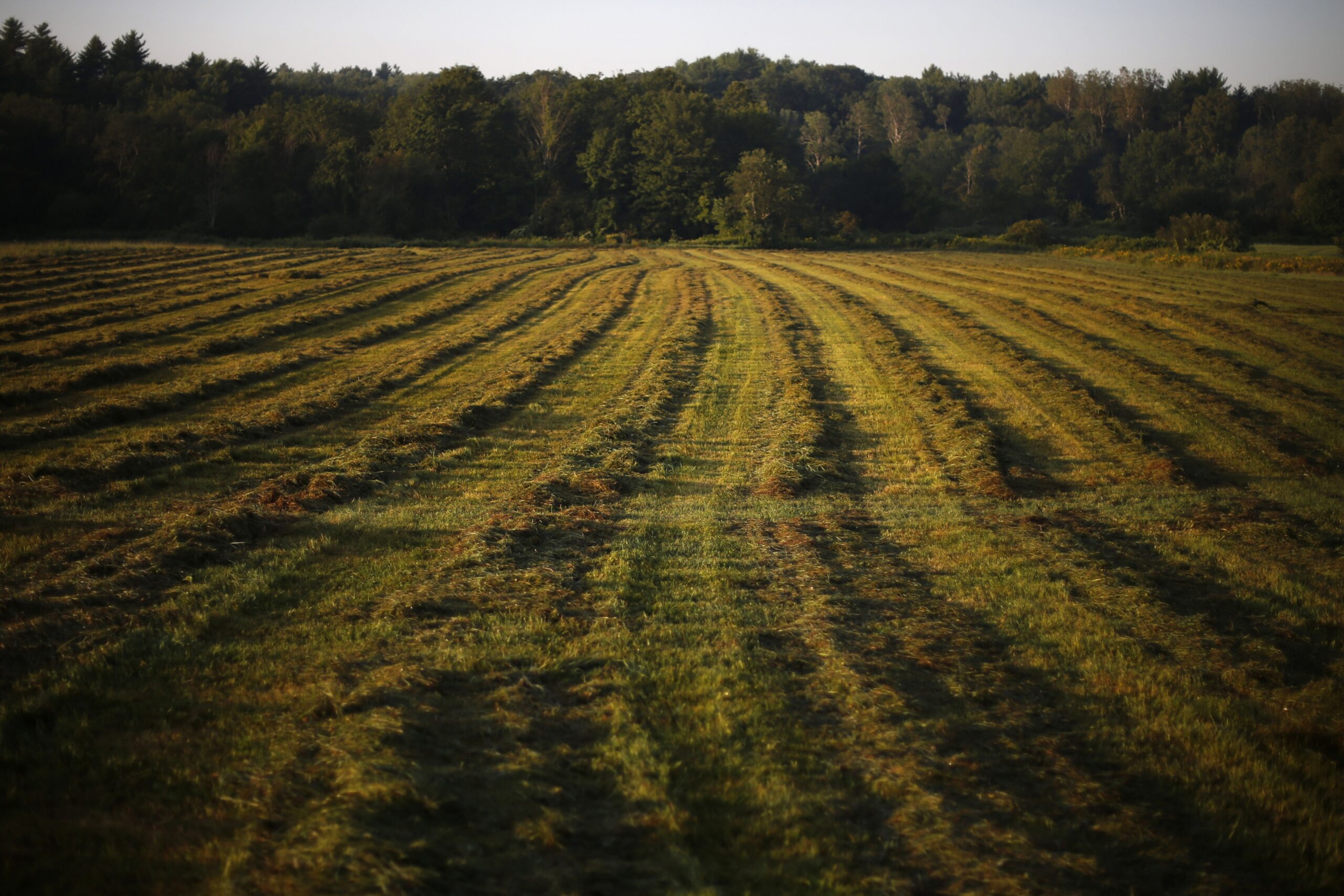Wisconsin Senate Republicans have passed a bill that would create grants for local governments and landowners to address PFAS pollution. It now heads to the Assembly.
However, Democratic Gov. Tony Evers has indicated he may veto the proposal because it would limit the authority of the Wisconsin Department of Natural Resources to address the chemicals.
The GOP proposal creates a grant program to help municipalities and landowners test for PFAS in their water. But it would also restrict the DNR’s ability to test and clean up the chemicals on private property. The DNR would not be able to require a property owner to test for PFAS unless it had reason to believe levels would exceed state or federal standards. The agency would also need landowners’ permission to conduct testing
News with a little more humanity
WPR’s “Wisconsin Today” newsletter keeps you connected to the state you love without feeling overwhelmed. No paywall. No agenda. No corporate filter.
The Senate passed the bill 23-10.
The legislation is sponsored by state Sens. Eric Wimberger and Rob Cowles — both Republicans from Green Bay. Reps. Jeff Mursau, R-Crivitz, and Rob Swearingen, R-Rhinelander, are sponsoring the bill in the state Assembly.
Senate Minority Leader Melissa Agard, D-Madison, said the bill puts polluters before people.
“Legislation lacking in accountability for polluters and removing enforcement authority from the DNR, leaving our drinking water less safe and contaminating, affecting the most vulnerable in Wisconsin is not the Wisconsin way,” Agard said.
But Wimberger said GOP lawmakers are trying to protect landowners from facing financial ruin for contamination they didn’t cause. He said landowners and farmers are afraid to test for the chemicals.
“They’re either going to test and find out…for their health, maybe they can get some bottled water or a new well drilled to get clean water, but they risk all of their asset,” Wimberger said. “So they’re faced with either (testing) or risking their health and preserving their asset.”
The plan sets the framework for doling out $125 million for PFAS mitigation included under the current two-year state budget by the Legislature’s budget-writing committee.
PFAS, short for per- and polyfluoroalkyl substances, are a class of thousands of synthetic chemicals used in cookware, food wrappers and firefighting foam. The chemicals don’t break down easily in the environment. Research shows high exposure to PFAS has been linked to kidney and testicular cancers, fertility issues, thyroid disease and reduced response to vaccines over time.
Under the bill, the DNR wouldn’t be able to prevent or delay projects based on the presence of PFAS contamination unless there’s substantial risk to the environment and public health with limited exceptions.
The agency also wouldn’t be able to take enforcement action against anyone that voluntarily lets the agency clean up their land at the state’s expense. The Legislature’s powerful Joint Committee on Finance would also be able to approve grants for any person the DNR deems eligible as an innocent landowner.
Environmental and conservation groups argue the GOP bill made it easier to let corporations off the hook for PFAS pollution. They argued it would force private well owners to compete with corporations for funding. In a statement, Staff Attorney Rob Lee with Midwest Environmental Advocates said funding to address PFAS is badly needed.
“Unfortunately, (the bill) comes with too many strings attached and doesn’t do enough to prioritize private well owners. $125 million may seem like a lot of money, but it is only a fraction of what will ultimately be needed,” Lee said. “DNR’s ability to protect public health through environmental clean-up laws is priceless, especially when considering that these contaminants are still being pumped into the environment.
Industry groups like Wisconsin Manufacturers and Commerce, the Wisconsin Paper Council and Midwest Food Products Association have said the bill does not go far enough. They said it fails to ensure businesses are eligible for funds if they face PFAS contamination that stemmed from other parties.
Communities across the state, including Peshtigo, Marinette, Campbell, Wausau, Eau Claire and Madison, are facing PFAS contamination in public and private wells.
Wisconsin Public Radio, © Copyright 2025, Board of Regents of the University of Wisconsin System and Wisconsin Educational Communications Board.







